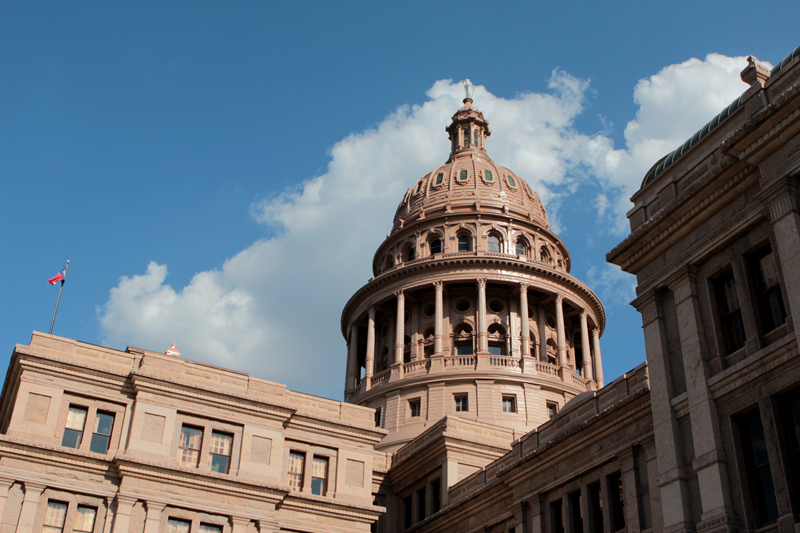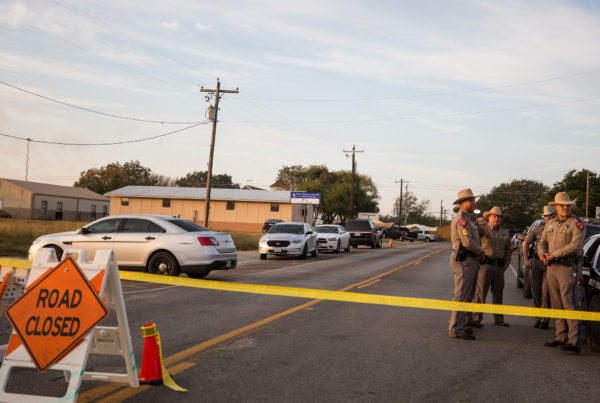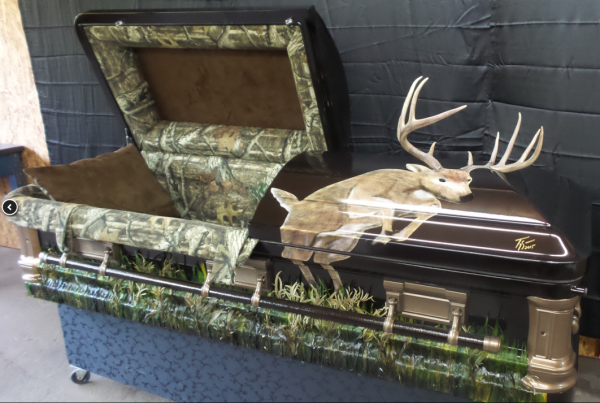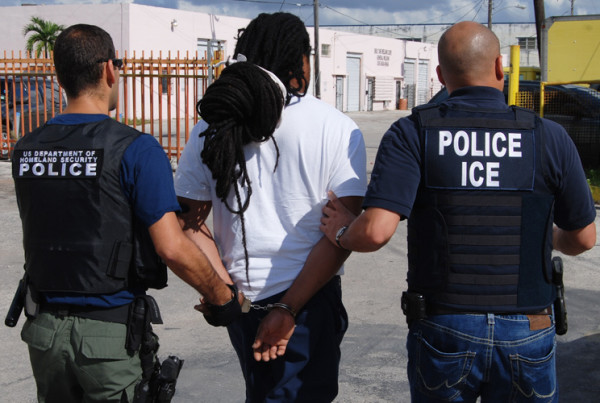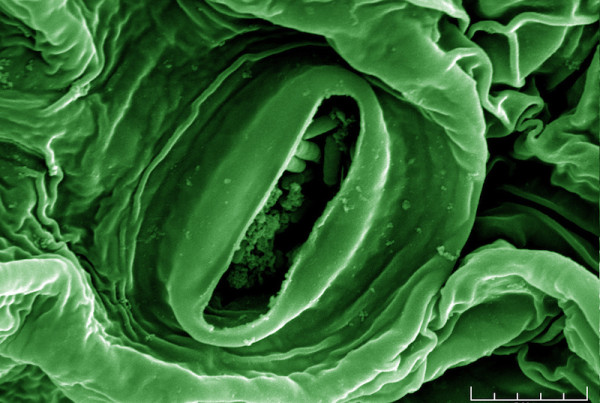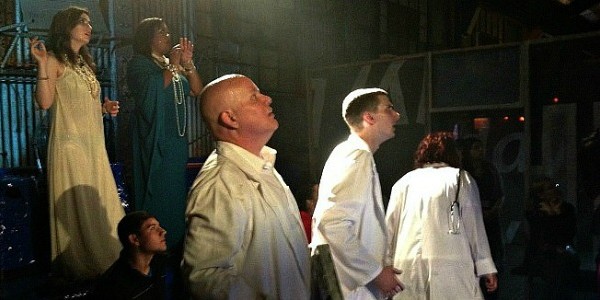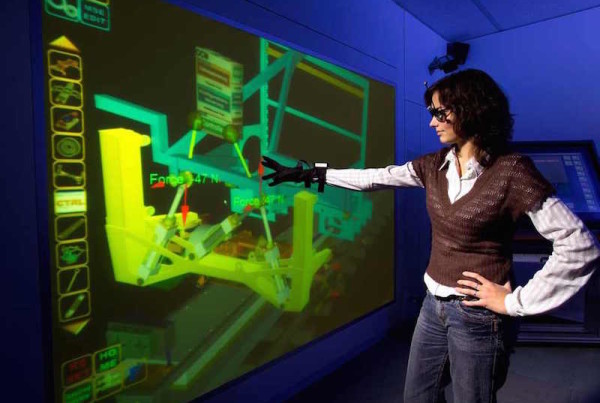The Texas legislature meets for 140 days every two years, but lawmakers are already starting to get to work. In 14 months, the 85th legislative session begins. Both Lt. Gov. Dan Patrick and Speaker of the House Joe Straus have given legislators some homework before the start of the session. These interim charges suggest in-depth studies of what top state officials think are the most important issues for the next legislative session.
Straus released his interim charges Wednesday. Ross Ramsey, executive editor and co-founder of the Texas Tribune, says these suggestions are taken pretty seriously by Texas senators and house representatives.
“This is when they start their work,” Ramsey says. “They put together all of the studies, and all of the language, and a lot of the testimony that will eventually become legislation for the next session.
Not only are the legislators getting to work, but so are their staffers. The various organizations that are interested in potential legislation – whether for or against – will also begin lobbying.
“By the time the session starts, if you become aware of an issue… you will find yourself months behind because they’ve been working on it in the interim,” Ramsey says.
A great example of the work that goes into legislation before the session officially begins in January 2017 is a look at the state budget, Ramsey says. “By the time the legislative session begins, the budget is 90 percent written,” he says. “They’re working on important stuff, but they’ve handled a lot of the mundane stuff that’s in that 1,000-page bill. There’s just not enough time during the regular session.”
Ramsey says Straus’ interim agenda of 150 topics is part “wishy-washy” and part “brass tax.” Some of the charges include examining:
- Creating opportunity through education
- Continuing to make government more transparent and accountable
- Private sector growth
- The Texas Commission on Jail Standards
- Oilfield theft
- Border security
- Human trafficking of youth
- Renewable energy regulations
- Body cameras and best practices
- Expanding the state parks system
- Juvenile justice penalties
- Dark money and politics
- Best practices for dealing with wildfire, flood and other natural hazards
- Texas workers’ compensation and benefits for injured employees
Ramsey says some of Straus’ charges are written in “flowery language, and you have to kind of sort it out.”
One charge reads: “Review the artistic, social, and historical intent and significance of the statuary on the Capitol grounds, with particular focus on the historical context represented, and provide recommendations to the State Preservation Board.”
Ramsey says that’s about statues of Confederate figures. “They’re going to go through the inventory of things on the Capitol grounds and figure out if this statute of that guy, or that statue of this guy oughta stay or go,” he says.
Ramsey says Patrick’s and Straus’ interim charges strongly agree on a few things but they differ in phrasing and how the two released those charges to the public.
“Straus’ is much more carefully couched,” he says. “Patrick released his interim charges over five days to kind of maximize exposure, and some of the language in his charges generate better headlines.”
Ramsey says they both have things in there like the union dues issues, which examine whether the state government should check off union dues for private unions and private freight organizations. There’s also an examination of how fetal tissue is used in research in the state.
“Dan Patrick wants to examine religious liberty – that’s something that’s on his list and not on Straus’ list,” Ramsey says, “There are few things that are different, but mostly it’s tone and language.”


